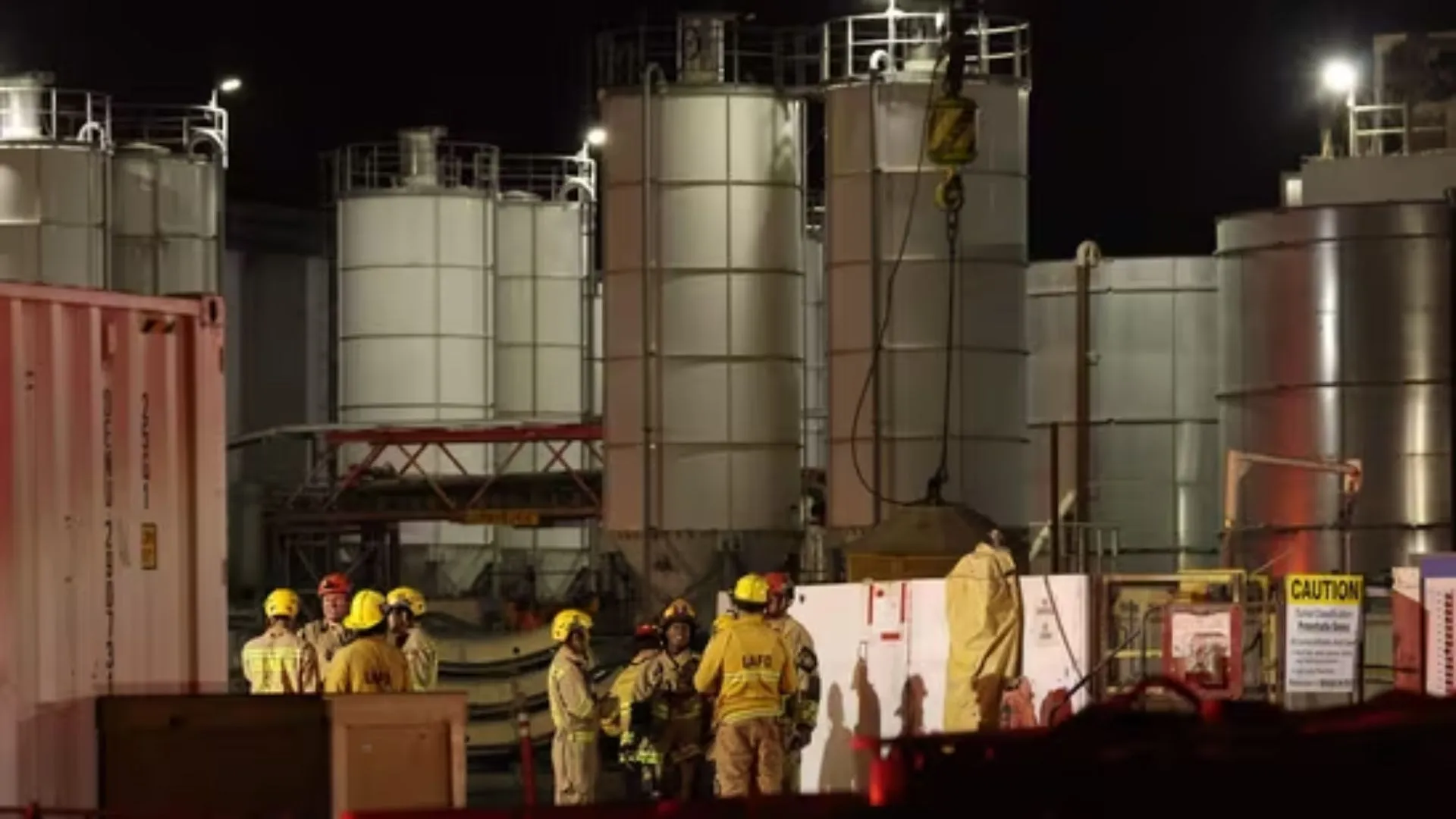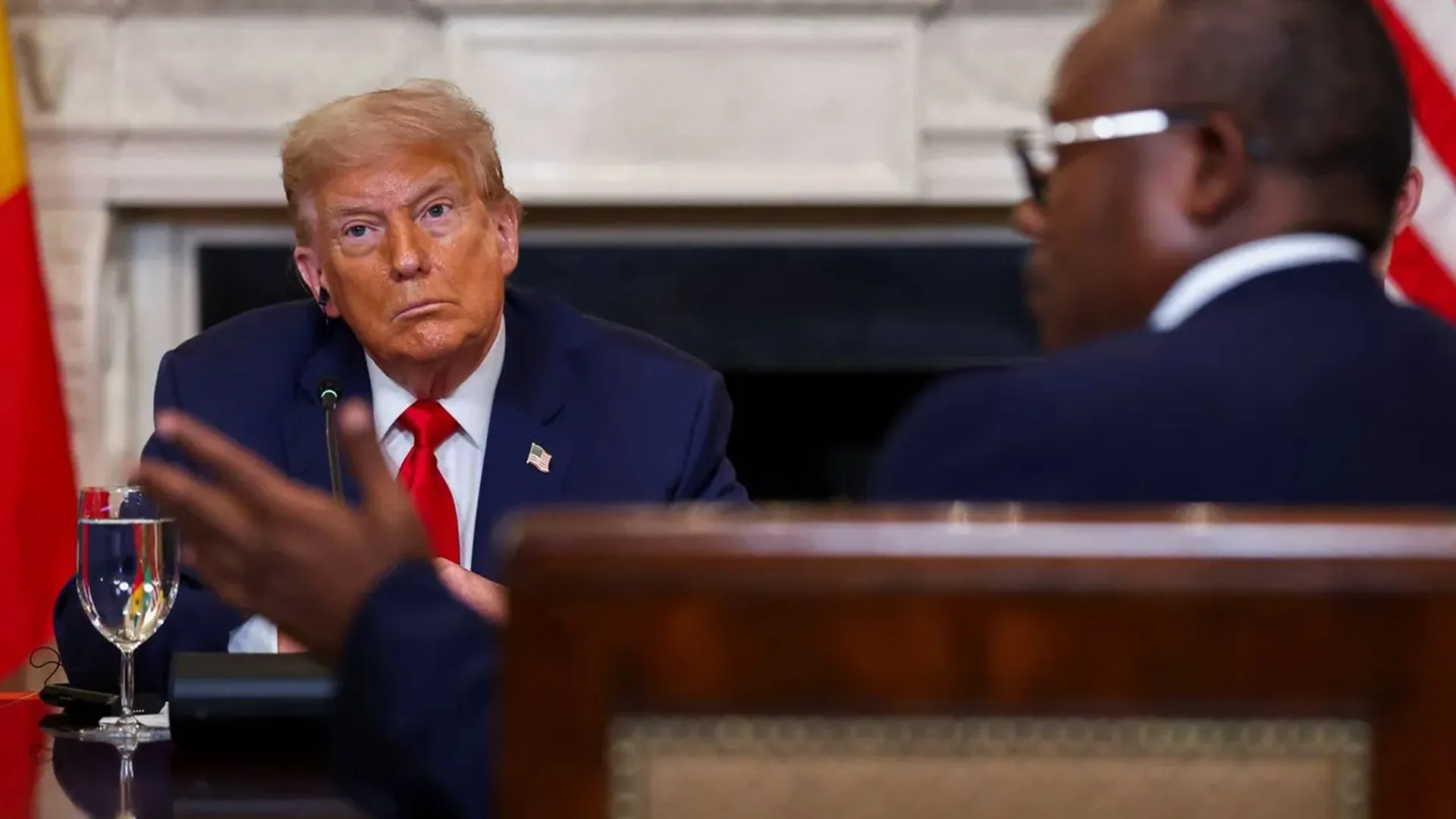Apple tech company hired cargo flights to transport 600 tons of iPhones, or up to 1.5 million, to the United States from India, after it ramped up production there in an attempt to outsmart President Donald Trump’s tariffs, sources said at Reuters.
The specifics of the push offer a glimpse into the U.S. smartphone firm’s secret plan to skirt around the Trump tariffs and stockpile its best-selling iPhones in the United States, one of its largest markets.
Tariff Pressures Could Raise Apple iPhone Prices
The analysts have cautioned that prices of iPhones in the US could increase, considering how highly dependent Apple is on Chinese imports, the primary production center of the phones, exposed to Trump’s highest tariff level of 125 per cent.
That is well in addition to the duty of 26 percent on imports from India, but which now remains suspended following a 90-day hiatus ordered by Donald Trump this week that excludes China.
Green Corridors and Customs Push by Apple
Apple “wanted to beat the tariff,” said one of the sources familiar with the planning.
The company also lobbied Indian airport officials to reduce to six hours the amount of time required to clear customs at the Chennai airport in the south Indian state of Tamil Nadu, from 30 hours, added the source.
The so-called “green corridor” set-up at the airport in India’s manufacturing powerhouse replicated a process Apple employs in some Chinese airports, said the source.
Cargo Flights and iPhone Load Estimate
About six cargo jets with a capacity of 100 tons each have flown out since March, one of them this week just as new tariffs kicked in, the source and an Indian government official said.
The packaging weight of an iPhone 14 and charging cord adds up to approximately 350 grams (12.35 oz), according to Reuters measurements, which would suggest the overall load of 600 tons included approximately 1.5 million iPhones, deducting some weight in packaging.
Apple and India’s civil aviation ministry declined to comment on a request. All of the sources requested anonymity because the strategy and the discussions were not public.
Apple retails over 220 million iPhones annually globally, with Counterpoint Research estimating a fifth of all iPhone imports to the United States now originate in India, and the remainder from China.
Soaring Tariffs Threaten US Pricing
Donald Trump repeatedly raised U.S. tariffs on China, to 125 per cent by Wednesday, from 54 per cent previously.
While at the 54 per cent tariff level, the $1,599 price of the flagship iPhone 16 Pro Max in the US would have jumped to $2,300, calculations using projections by Rosenblatt Securities indicate.
In India, Apple increased air shipments to achieve its target of a 20% rise in normal production at iPhone factories, achieved by hiring additional staff, and temporarily extending production at the largest Foxconn India facility to Sundays, added the source.
Two other immediate sources corroborated that the Foxconn factory in Chennai now operates on Sundays, which is normally a holiday. The factory produced 20 million iPhones last year, including the new iPhone 15 and 16 models.
As Apple expands its production outside of China, it has set India up for a pivotal role. Foxconn and Tata, its two primary suppliers there, have three factories total, with two more under construction.
Government Support and Export Surge
Apple took around eight months to draw up plans and implement the fast-track customs clearance in Chennai, and Modi’s government requested officials to favor Apple, a top Indian official stated.
Foxconn exports from India to the United States jumped in value to $770 million in January and $643 million in February, from the $110 million to $331 million during the previous four months, commercially available customs figures indicate.
Over 85 per cent of Foxconn’s January and February air cargo shipments were discharged in Chicago, Los Angeles, New York and San Francisco.






















